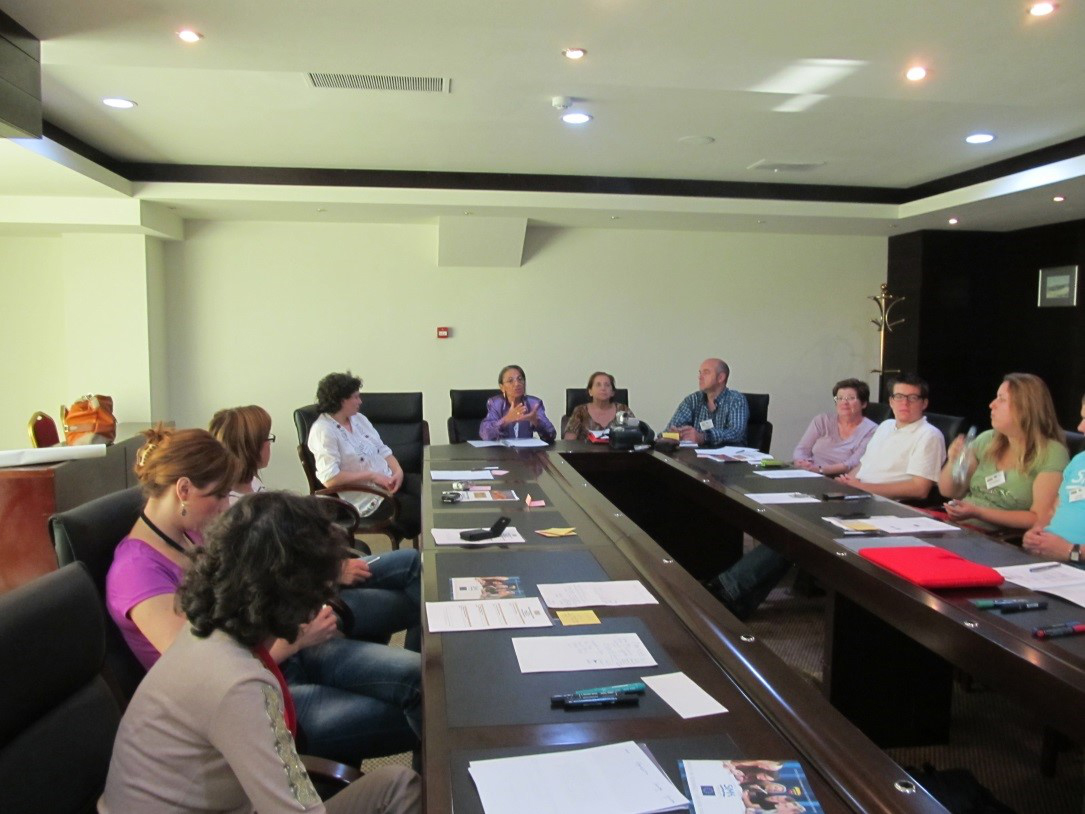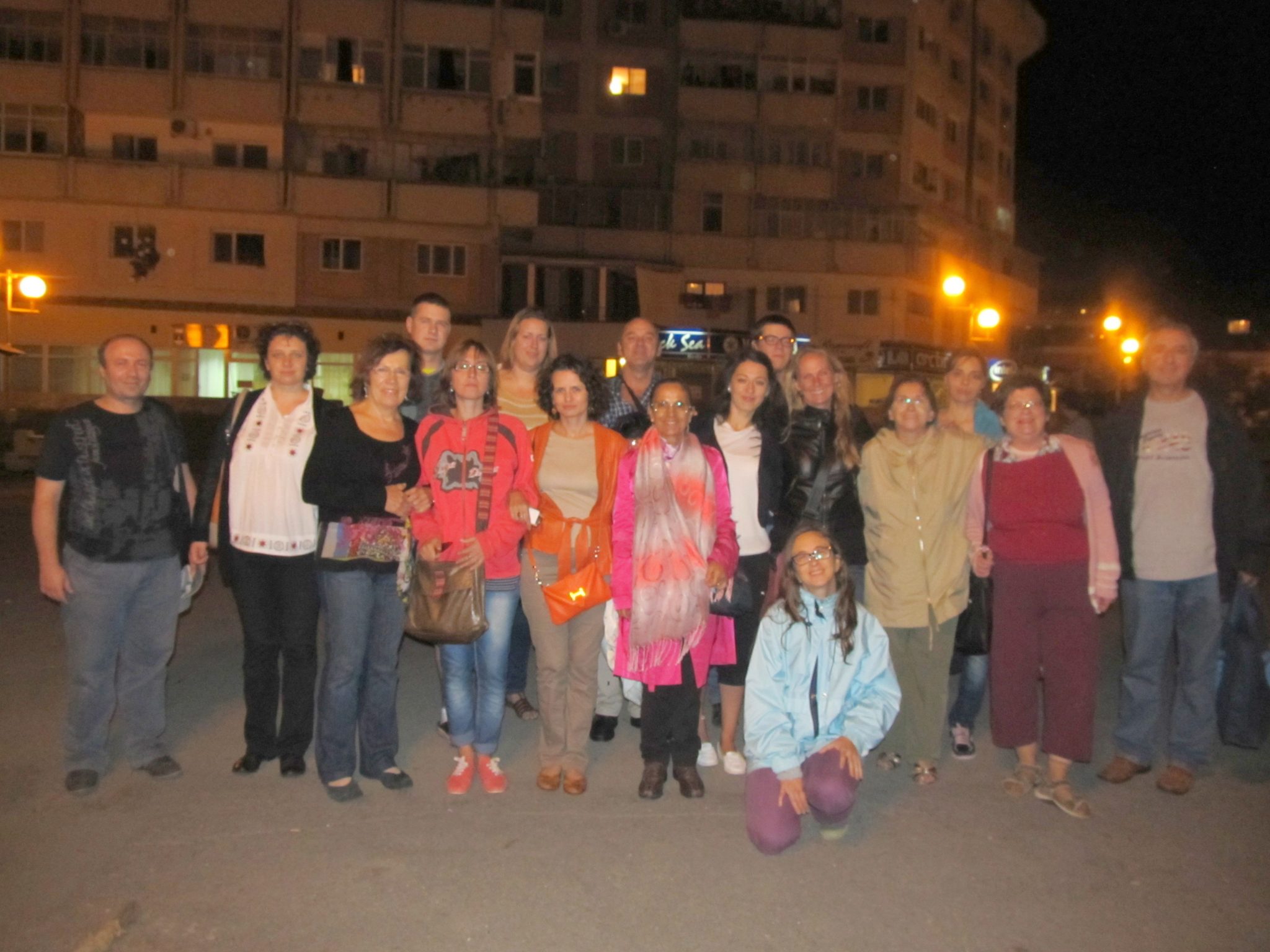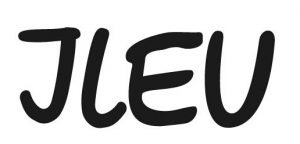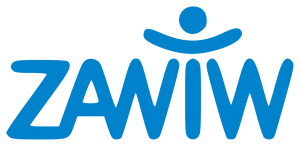Senior Volunteering in Europe (SenVol)


Aim
In all countries in the EU people of all ages, but especially senior citizens, contribute in a positive way to their community regarding volunteering. We should be aware of the fact that our society would not be able to act without volunteering. People invest free time in hospitals, in care, in the fire-brigade, in charitable service, in ecology groups, in the Red Cross, in churches and sport clubs, in education etc. This is a great potential for our social and economic development. On the other hand volunteering is a way for seniors to stay active, to be able to make a contribution to the society, to gain new skills and competences, which are important learning opportunities. Volunteering is active civic participation and it strengthens common European values such as solidarity and social cohesion. Without volunteers in different fields our society would miss a lot. It is time to reflect on this fact and to value the benefits of volunteering, on regional, national and European level. Volunteering has an impact to our society and to the volunteers themselves.Full Description
The project work started with a short research about volunteering in all partner countries. Regular transnational meetings ensured a good project progress. There were the following six very important meetings:
1st meeting: Gdansk, PL Nov 02 – 05, 2011
2nd meeting: Fuengirola, ES Feb 15 – 17, 2012
3rd meeting: Klaipėda, LT Jul 04 – 06, 2012
4th meeting: Tulcea, RO Sep 26 – 29, 2012
5th meeting: Mola di Mari, IT Mar 20 – 23, 2013
6th meeting: Graz, AT Jul 10 – 23, 2013
During the meetings partners worked in groups, discussing different aspects of volunteering. Older learners and volunteers have always participated in the meetings, as their meaning and approach was very important. Discussion groups, involving volunteers and volunteer organizations were also created on national level.
With the SenVol project the partners exchanged and gained experience from other countries in the field of volunteering. The project aimed to raise awareness for the importance of volunteering. It showed volunteering of older people in different settings and cultures of the participating countries and showed also that our society nowadays would not really work without volunteering.
SenVol highlighted also the learning process that happens during volunteering. And we also promoted the fact that older people have a unique knowledge and lots of experiences and can pass their knowledge, values, traditions, culture to others, also to younger generations. SenVol promoted the process of active ageing and it gave senior volunteers an opportunity to share their knowledge, skills and experiences with others, on regional and European level, for a constant and better integration of volunteers in active life. That’s why we involved the target group of older people in the project and encouraged them to participate in voluntary work not only in their regions, but also at European level.
During the project the partners collected and reflected on good practices.
Examples of senior volunteering:
- The Universities of Third Age, where older people contribute to the cultural promotion of the participants through courses on specific subjects and art labs;
- Charitable service where older people take care of poor people that are weak and helpless;
- Volunteering organizations helping elderly people, disabled people, migrants, women in difficulty…;
- Associations of transgenerational transmission of culture and work; As an outcome the project partners developed a guideline for volunteers and for volunteer organizations.
Project partners:
- bia-net Netzwerk Bildung im Alter, Austria – Project coordinator
- EOI – Escuela Oficial de Idiomas de Fuengirola, Spain
- Towarzystwo Edukacyjne „Wiedza Powszechna”, Poland
- Socialinių mokslų kolegijos Studentų klubas; Lithuania
- Universita´Terza Eta´Mola di Bari, Italy
- Liceul Pedagogic, Romania
Step by Step Explanation
-
1
1: Meeting of partners for planning action
-
2
2: Online discussion group
-
3
3: Working groups on regional, national and European level
-
4
4: Research about volunteering in all partner countries
-
5
5: Workshop
-
6
6: Set of good practices concerning volunteering
-
7
7: Guidelines for volunteers and voluntary organizations
-
8
8: Publication
-
9
9: Translation and diffusions in all the countries –members of the project
Results
Implemented Methods
Lecture
This method allowed clear communication between the partners to establish cooperation with the senior volunteering associations of each country.
Working group
During the many meetings, group work was held to discuss the different aspects of volunteering present in the various countries of the participating partners.
Discussion
The discussion in small groups allowed a continuous and free exchange of opinions on the subject to arrive at a single coordinated point of view for a unified development of the project.



